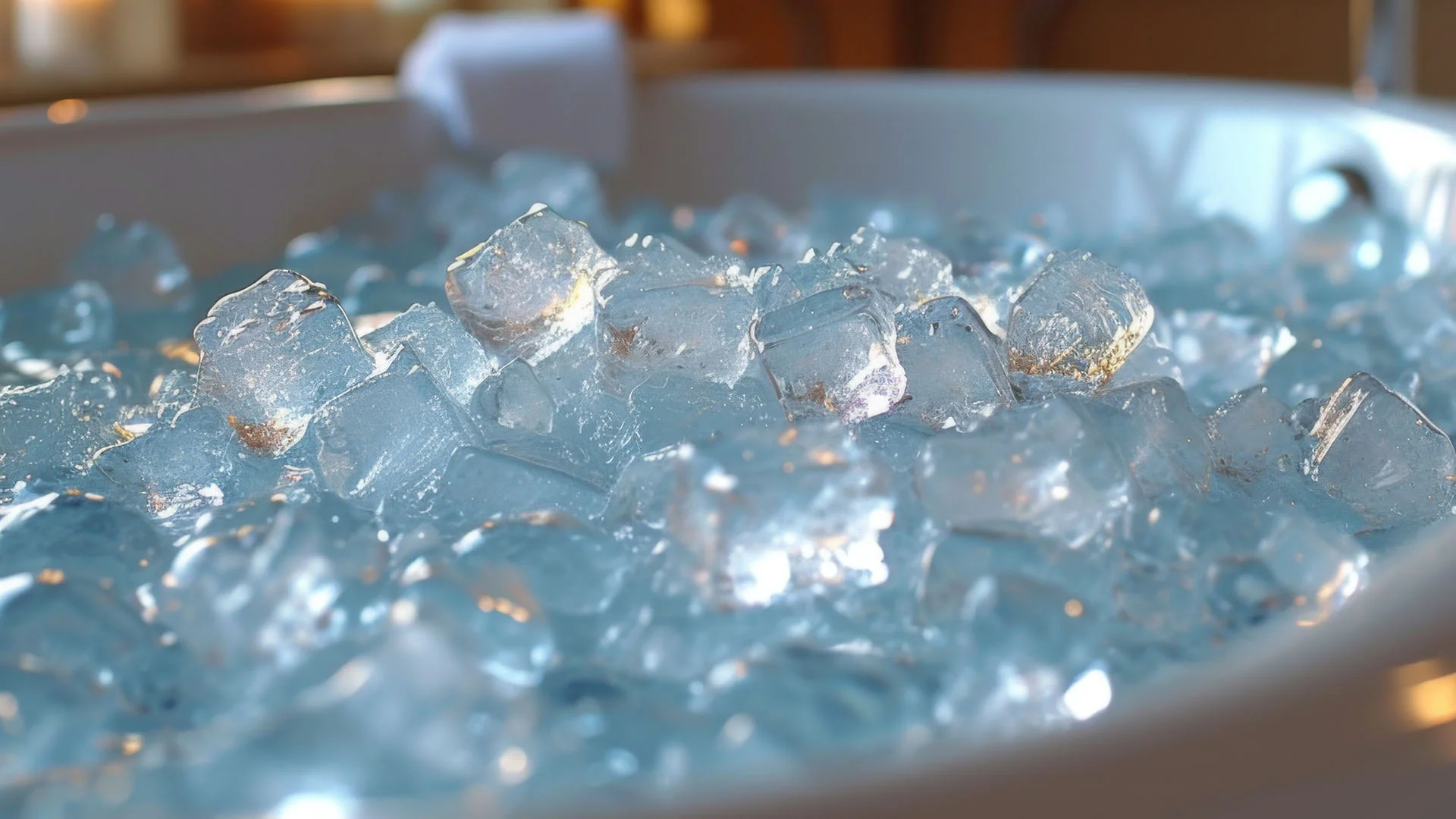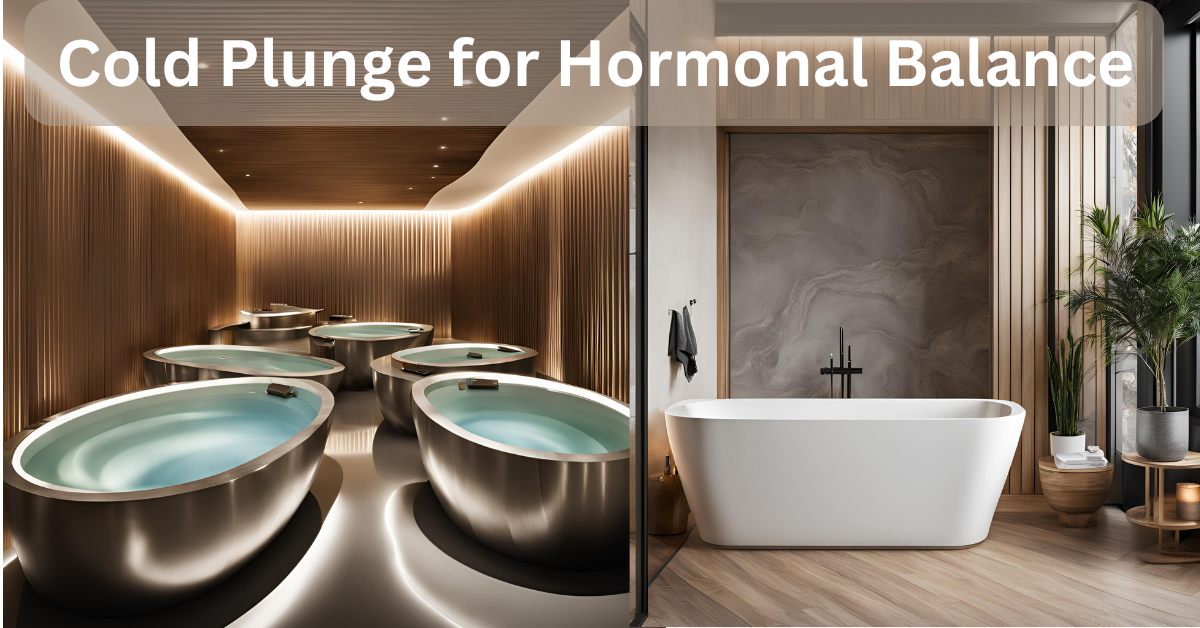In recent years, cold plunging has emerged as a popular wellness practice, touted for its myriad health benefits, including enhanced recovery, improved mood, and increased energy levels. One area where cold plunging shines is its potential role in hormonal balance, particularly concerning stress hormones. This article delves into how cold immersion can help regulate hormones, reduce stress levels, and improve overall well-being.
Understanding Hormonal Balance
Hormones are chemical messengers that play a critical role in regulating various physiological processes in the body, including metabolism, immune function, and mood. Maintaining hormonal balance is essential for overall health, and disruptions can lead to various health issues, such as:
- Anxiety and depression
- Weight gain or loss
- Sleep disturbances
- Fatigue
- Increased stress
With modern lifestyles often contributing to hormonal imbalances—due to stress, poor diet, and lack of exercise—many are seeking natural methods to restore equilibrium. Cold plunging may offer a promising solution.
The Impact of Cold Exposure on Hormones
1. Stress Hormones: Cortisol and Adrenaline
Cold plunging has a profound effect on the body’s response to stress, primarily through the regulation of stress hormones like cortisol and adrenaline.
- Cortisol: Often referred to as the “stress hormone,” cortisol is released in response to stress. While it plays essential roles in the body, chronic elevation can lead to various health issues, including anxiety, weight gain, and sleep disturbances.
- Adrenaline: This hormone is also released during stress, preparing the body for a fight-or-flight response. While beneficial in acute situations, excess adrenaline can lead to feelings of anxiety and increased heart rate.
2. Cold Exposure and Hormonal Regulation
Research indicates that exposure to cold temperatures can help regulate cortisol and adrenaline levels. Here’s how:
- Acute Stress Response: Cold immersion triggers an acute stress response that can help desensitize the body to stressors over time. Regular exposure to cold may lead to reduced cortisol levels.
- Adaptation: Just like any other stressor, the body adapts to cold exposure. As you become more accustomed, your baseline levels of stress hormones may decrease, resulting in improved overall hormonal balance.
Learn more about how stress affects your hormones at Healthline.

Benefits of Cold Plunging for Hormonal Balance
1. Reduced Stress and Anxiety
Cold plunging can significantly alleviate stress and anxiety, helping to create a more balanced hormonal environment:
- Decreased cortisol levels: Regular cold exposure can help lower cortisol, reducing the physical and mental impacts of chronic stress.
- Enhanced mood: Cold plunging stimulates the release of endorphins, often referred to as the “feel-good” hormones, which can counteract feelings of anxiety and depression.
2. Improved Sleep Quality
Adequate sleep is essential for maintaining hormonal balance, and cold plunging can contribute to better sleep through:
- Relaxation response: Cold exposure can enhance relaxation and lower body temperature, promoting better sleep quality.
- Regulation of melatonin: Cold plunging may help regulate melatonin production, leading to improved sleep cycles and overall restfulness.
For more insights into the relationship between sleep and hormones, visit Sleep Foundation.
3. Enhanced Metabolic Function
Cold plunging can also support metabolic processes, which are closely tied to hormonal balance:
- Increased metabolic rate: Cold exposure can boost metabolism as the body works to maintain its core temperature, promoting fat loss and energy expenditure.
- Regulation of insulin: Improved metabolic function can enhance insulin sensitivity, which is crucial for maintaining balanced blood sugar levels.
4. Support for Thyroid Function
The thyroid gland plays a pivotal role in regulating metabolism and hormonal balance. Cold plunging may support thyroid function by:
- Stimulating thyroid hormone production: Cold exposure may enhance the production of thyroid hormones, leading to improved metabolic rates.
- Promoting overall hormonal balance: By reducing stress and improving metabolic function, cold plunging can help maintain optimal thyroid function.
How to Incorporate Cold Plunging for Hormonal Balance
1. Establish a Routine
- Frequency: Aim for 2-3 cold plunges per week to see significant hormonal benefits. Consistency is key.
- Duration: Start with 3-5 minutes in the cold water and gradually increase to 10-15 minutes as your body adapts.
2. Create the Right Environment
- Temperature: Aim for a water temperature between 50°F and 59°F (10°C to 15°C) for effective cold immersion.
- Location: Use a cold plunge tub, a bathtub filled with cold water, or an outdoor natural body of water, such as a lake or river.
3. Combine with Breathing Techniques
Incorporating breathing techniques, such as those found in the Wim Hof Method, can enhance the benefits of cold plunging:
- Controlled Breathing: Focusing on deep, controlled breaths can help manage discomfort and increase the overall effectiveness of cold exposure.
Explore more about breathing techniques at Wim Hof Method.

FAQs
While cold plunging is generally safe, individuals with certain health conditions (like cardiovascular issues) should consult a healthcare professional before starting. Always listen to your body and avoid overexposure.
The effects of cold plunging may vary from person to person. Many individuals report feeling immediate benefits, such as reduced stress and improved mood, while long-term hormonal changes may take several weeks of consistent practice.
Yes! Cold plunging can be effectively combined with other wellness practices such as yoga, meditation, and proper nutrition for comprehensive hormonal balance.
Cold plunging can be beneficial for women’s hormonal health by helping regulate stress hormones, improving sleep quality, and supporting metabolic function, which is particularly important during hormonal fluctuations such as menstruation or menopause.
Conclusion
Cold plunging offers a natural and effective way to promote hormonal balance, particularly in managing stress hormones like cortisol and adrenaline. By incorporating this practice into your wellness routine, you can support your body’s natural chemistry and enhance your overall well-being.
As you explore the benefits of cold plunging, remember that consistency is key. With time, you may experience reduced stress, improved sleep, and a more balanced hormonal landscape.
For further reading on hormonal health and wellness, check out The Hormone Health Network for resources and information.





